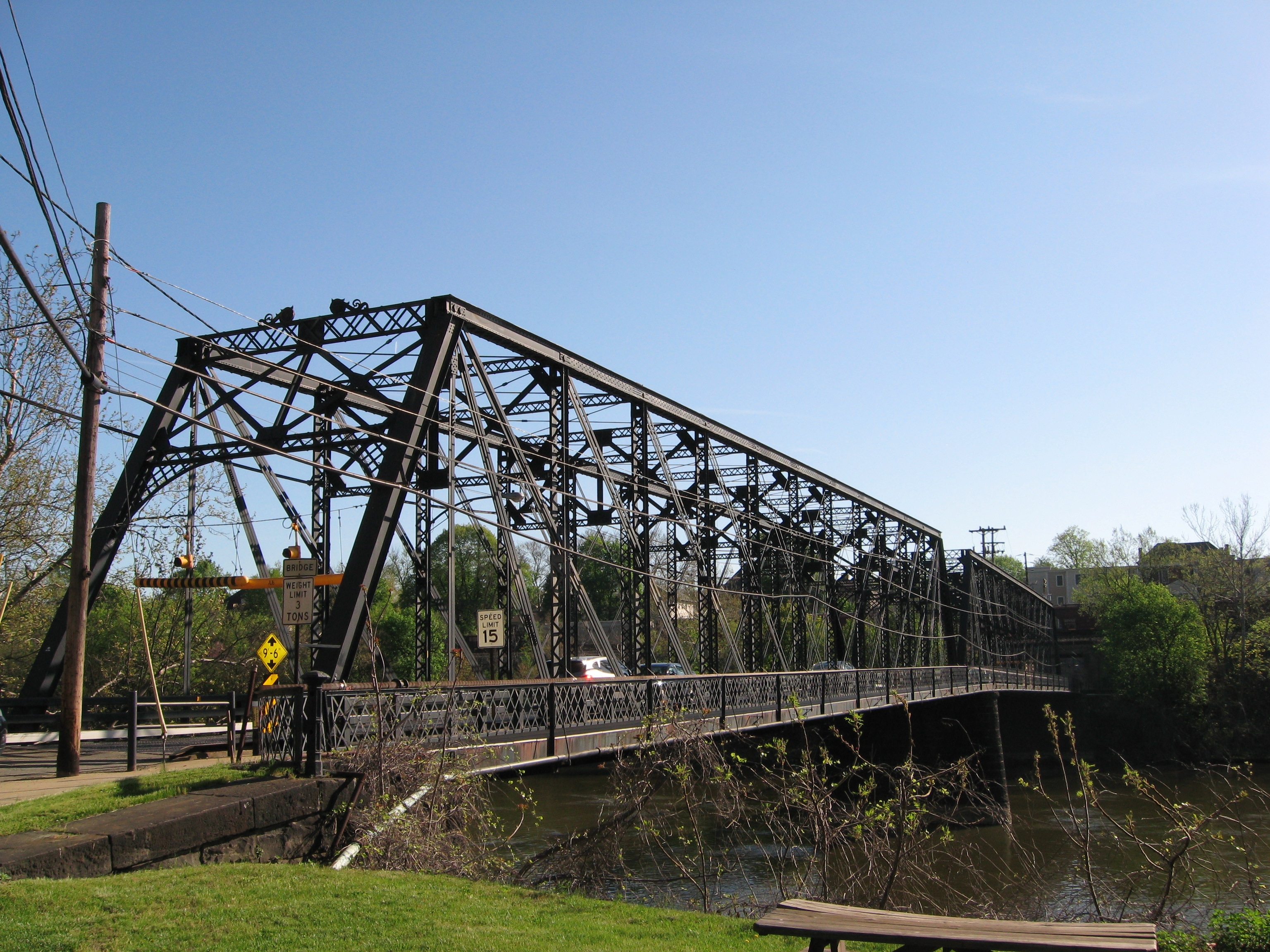Metal truss bridges are an important part of Pennsylvania’s engineering and technological history and are a standing legacy to the state’s iron and steel industry. Unfortunately, modern traffic needs in combination with insufficient maintenance funding, especially for locally owned bridges, has made rehabilitation and ongoing maintenance of these bridges difficult and many of them have been demolished and replaced with modern structures.
In an effort to save the remaining population, PennDOT, with help from the State Historic Preservation Office, has developed a marketing program and seeks groups or individuals interested in acquiring historic metal truss bridges that no longer can meet vehicular needs for adaptive reuse. An important feature of metal truss bridges is their ability to be dismantled and moved, giving them new life as a pedestrian or light vehicular bridge for trails, bike paths, parks, golf courses, and college campuses.
Not only do historic bridges help link a place with its local heritage, they also promote the value of recycling and provide eye-catching designs. Many of these bridges become destination spots attracting heritage tourism and adding economic development to the area.
For more information sign up for the Historic Metal Truss Bridge Newsletter. The newsletter, which will be sent out semi-annually, will highlight available bridges, how to acquire a bridge, adaptive reuse success stories and available funding.
Comment Policy
PHMC welcomes and encourages topic-related comments on this blog. PHMC reserves the right to remove comments that in PHMC’s discretion do not follow participation guidelines.
Commenters and Comments shall be related to the blog post topic and respectful of others who use this site.
Commenters and Comments shall not: use language that is offensive, inflammatory or provocative (this includes, but is not limited to, using profanity, obscene, or vulgar comments); disparage other commenters or people; condone illegal activity; identify the location of known or suspected archeological sites; post personal information in comments such as addresses, phone numbers, e-mail addresses or other contact details, which may relate to you or other individuals; impersonate or falsely claim to represent a person or an organization; make any commercial endorsement or promotion of any product, service or publication.
If you would like to comment on other topics not related to this blog post but related to PHMC, please fill out the PHMC Contact Us Form.

Leave a Reply